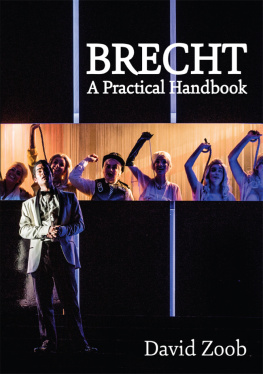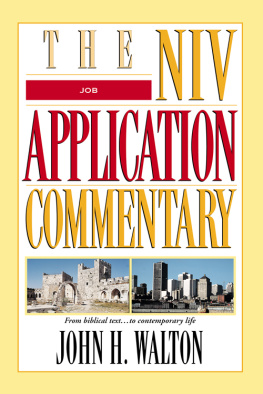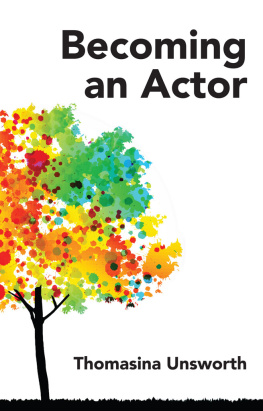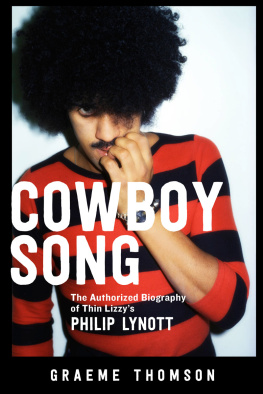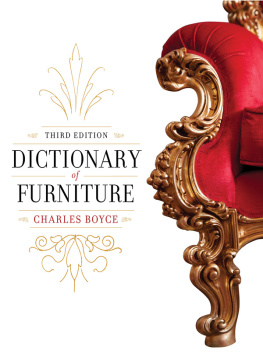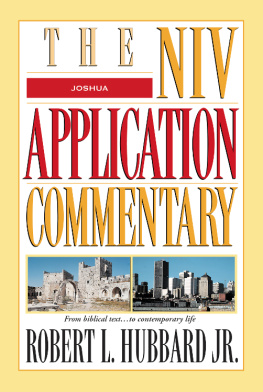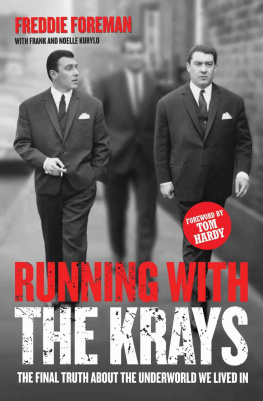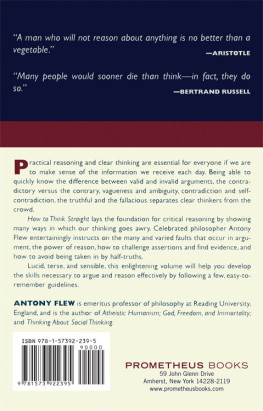BRECHT
A Practical Handbook
David Zoob

NICK HERN BOOKS
London
www.nickhernbooks.co.uk
Contents
For Ana and Kat
Foreword
David Barnett
Brecht valued a number of qualities in both theoretical and practical work. Clarity, precision and lightness were certainly important, but perhaps the highest praise he could lavish on an idea or an approach was that it was useful. David Zoobs book is eminently useful because it is steeped in years of development and practice. Zoob has engaged with Brechts many and varied principles for a politicised theatre and channelled them into a wide range of novel and innovative exercises that are applicable to a great many dramas and can equally interrogate devised material.
Zoobs short videos, posted on YouTube, give a concrete flavour of the kind of work you will find in this excellent book. They show how directorial and actorly practice is a collective, collaborative process of discovery. He teases out political aspects that go unspoken or unnoticed in a scene or situation and works through practical solutions. Here he shows how restlessly asking questions and continually seeking answers are the means of creating what Brecht called realistic theatre.
There have been a number of books published recently that take Brechts theories for the stage seriously and speculate on how they might manifest themselves in the rehearsal room. Zoobs book doesnt speculate; the pages are suused with the experience of years of practice. This is what makes this book unique: the ideas and exercises are the product of trial and error, reflection and refinement, engagement and achievement. As a result, the reader encounters tried and tested approaches to staging text and dramatic material that are both clear and eective. Zoob presents the reader with a comprehensive array of ideas, methods and exercises that have already shown him and his students their usefulness, and he now passes these on to you.
David Barnett is Professor of Theatre at the University of York. His books include Brecht in Practice: Theatre, Theory and Performance and A History of the Berliner Ensemble.
Acknowledgements
I am immensely grateful to Professor David Barnett for his encouragement, rigorous criticism, and insightful suggestions many of which you will read in the pages that follow; to the stubbornly Stanislavskian Julian Jones for his refusal to let me get away with anything; to Stephen Unwin for his stimulating lectures on Shakespeare and Brecht, and his equally stimulating conversation; to Rose Bruford College for giving me time to start this book; and to Nick Hern whose patience and guidance helped me to finish it. I owe a great deal to the theatre professionals, academic students and actors in training who have debated the ideas and tried the exercises. I must finally thank the family members, friends and colleagues who have had to listen to me rehearsing the arguments and exercises that fill these pages.
*
The author and publisher gratefully acknowledge permission to quote from the following: The Antigone of Sophocles by Bertolt Brecht in Bertolt Brecht, Collected Plays: Eight, edited by Tom Kuhn and David Constantine; Brecht on Theatre: The Development of an Aesthetic, eighth edition edited and translated by John Willett; Brecht on Theatre, third edition edited by Marc Silberman, Steve Giles and Tom Kuhn; The Caucasian Chalk Circle by Bertolt Brecht, translated by James and Tania Stern with W. H. Auden; and Oleanna by David Mamet, all Bloomsbury Methuen Drama, an imprint of Bloomsbury Publishing Plc. Celebration and The Lover by Harold Pinter; Philistines by Maxim Gorky, translated by Andrew Upton; and Stuff Happens by David Hare, all published and reproduced by permission of Faber and Faber Ltd. The Cherry Orchard and Three Sisters by Anton Chekhov, translated by Stephen Mulrine, both published and reproduced by permission of Nick Hern Books Ltd. A Human Interest Story (or The Gory Details and All): A Play for Six Voices by Carlos Murilo, published by Dramatists Play Service and reproduced by permission of Carlos Murilo.
Introduction
So whats this book of yours about? I have been asked this question several times by people who dont work in theatre. When they ask this I feel mild panic I ask myself, why should these people with proper jobs care about the peculiarities of rehearsing plays? But they have asked, so I must answer: I try to describe some of Brechts ideas in a brief and lively way, and the reply is often the same: But thats just good acting, isnt it? My first instinct is to say: No! no! This is a radical challenge to the way things are usually done but I stop myself. Their reply is refreshingly encouraging: it suggests that Brechts theories have more common sense in them than his detractors think. His ideas are often regarded by theatre practitioners as impenetrable and off-putting, to the extent that the theories are fast becoming the preserve of what might be called the Theatre Studies Industry. Worse still, there may be practitioners who have tried to implement the theories and have been confounded by confusions or prejudices among colleagues, and a lack of time to work things out away from the pressures of getting a show on.
Still if people tell me that actually the theories sound like common sense, then the exercises in this book could offer something of genuine practical use to actors and directors, both in training and in their respective professions.
So why do so many practitioners dismiss Brechts theories? I would suggest the answer lies in a letter Brecht wrote to an unnamed actor in 1951:
I have been brought to realise that many of my remarks about theatre are misunderstood.
And why should that be? Bear in mind that 1951 was less than five years before his death, so he is referring to almost all of his remarks, although not all were published by then. Anyone who has tried to read Brecht on Theatre from cover to cover would agree that his prose is, to say the least, difficult to follow. Moreover, actors frequently complain that Brechtian direction makes them feel like puppets. The unnamed actor above said as much in a letter to Brecht, complaining that Brechts ideas seem to turn the craft of acting into something purely technical and inhuman. Brechts reply was that readers would think this because of his way of writing. He then added ruefully to hell with my way of writing.
The result of all this miscommunication seems to be an unhelpful combination of caricature and baement. I have seen productions of Brechts plays cluttered with visual reminders that this is theatre and not real life. These include: props that arent needed in the scene; huge projected labels scrawled on top of a giant backdrop of sketches representing scenery; an apparatus of Brechtian devices like placards and video projections; cartoon-like characterisations, or characters dressed up to look like the Emcee from Cabaret In the interval, the conversation I overhear most frequently concerns these devices. The uninitiated ask what is the point of all this clutter and they are informed that this is alienation.
This bafflement could well be felt too by the actors, who arent sure whether they should be performing in a way thats different from normal acting.
The aim of this book is to get past Brechts peculiar prose and explain the principles of his theories, acknowledging that they changed over time. I have devised short dialogues between an actor and a director in an attempt to represent the frustrations experienced by those actors baffled by Brechtian theory or direction. These are accompanied by a series of practical exercises designed to address the questions these dialogues raise. Should you try the exercises, I encourage you to adapt and develop the techniques

